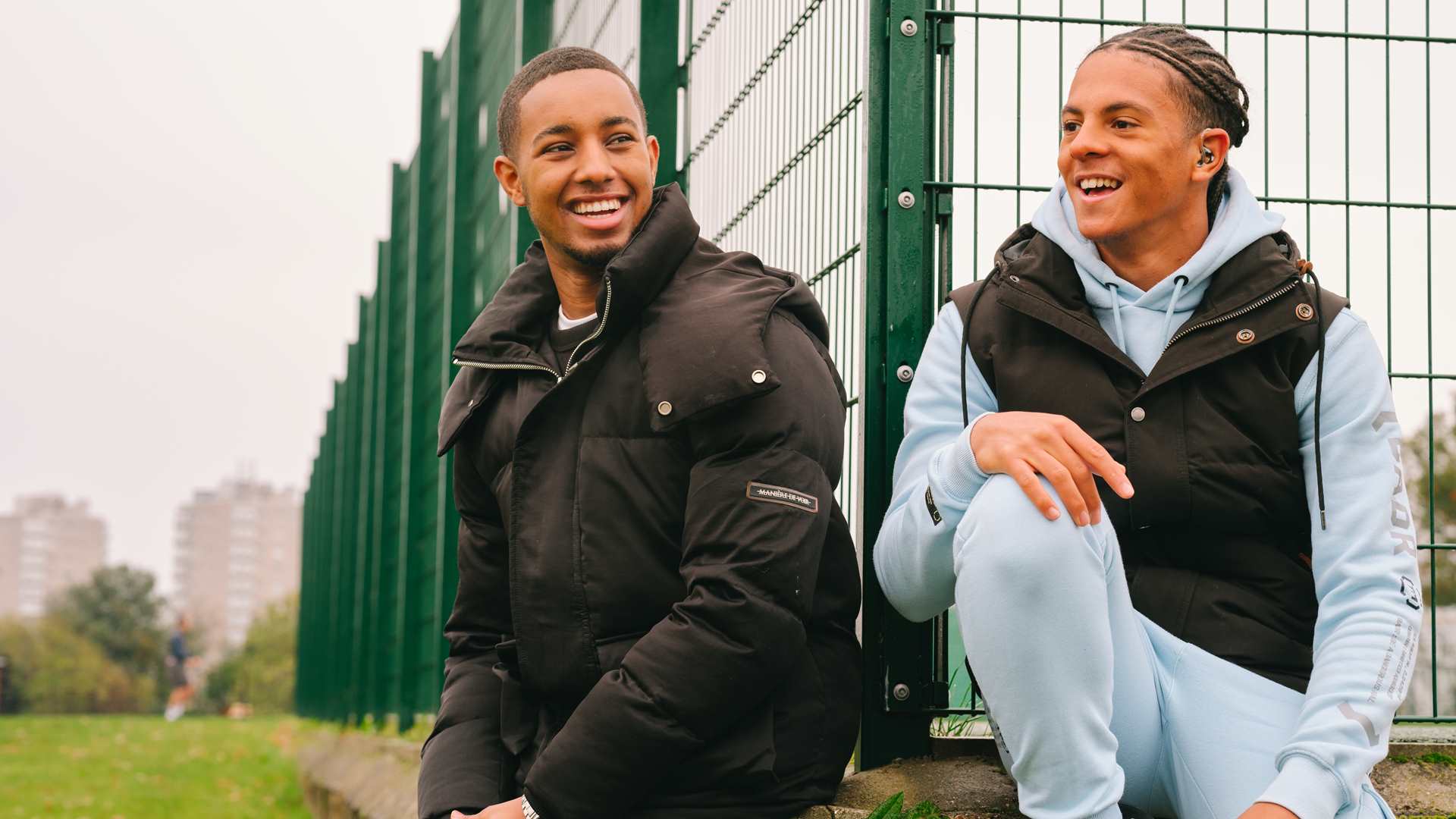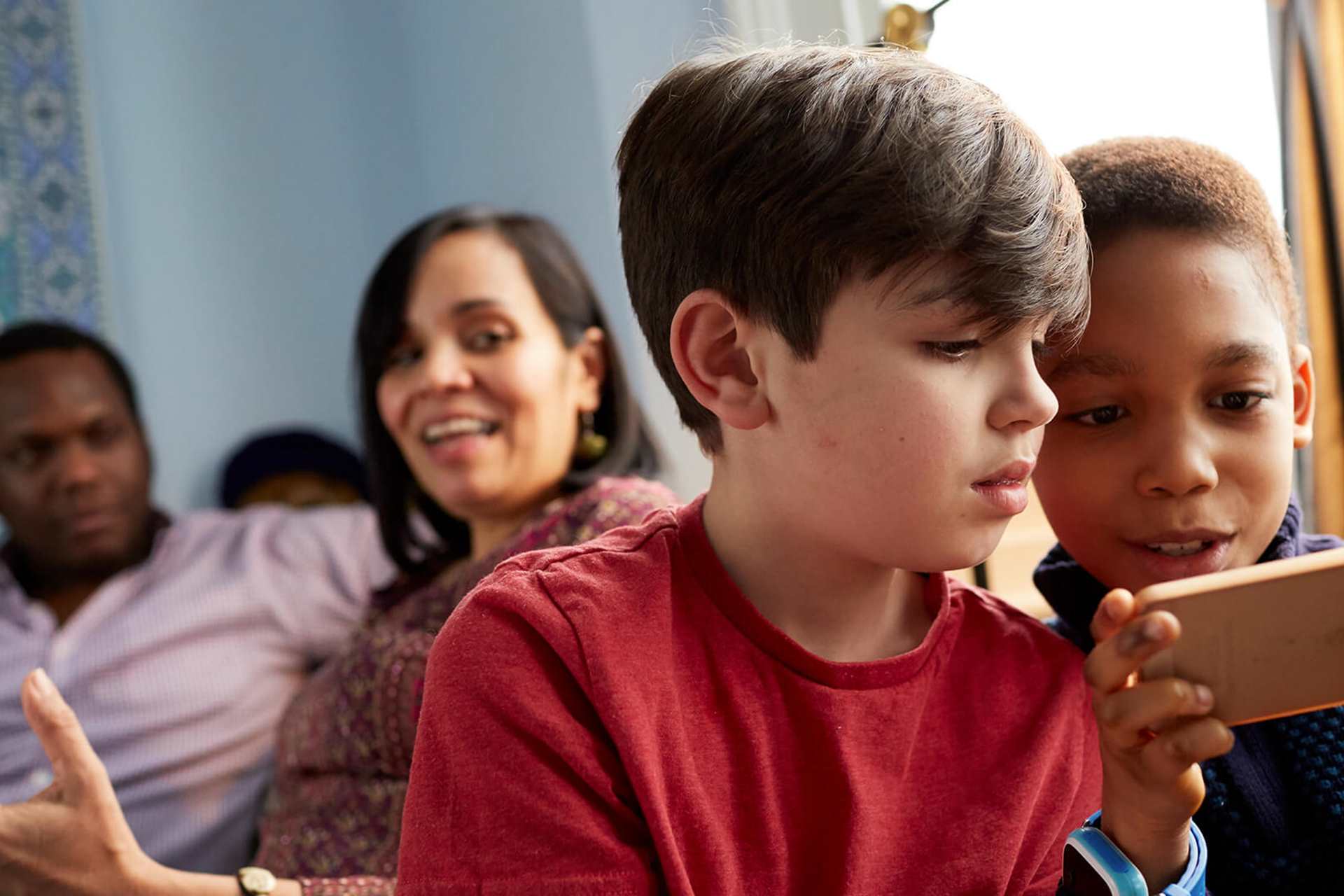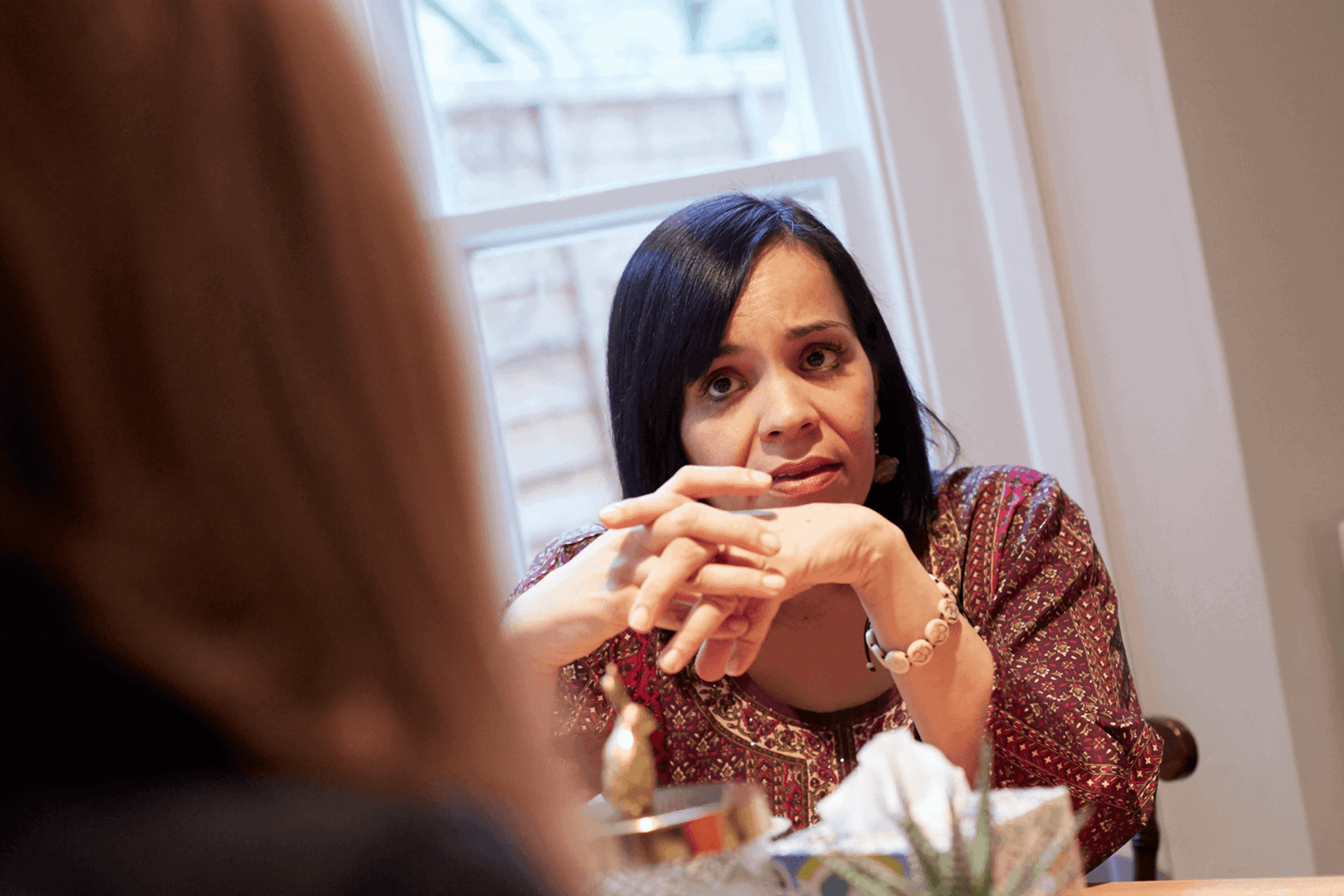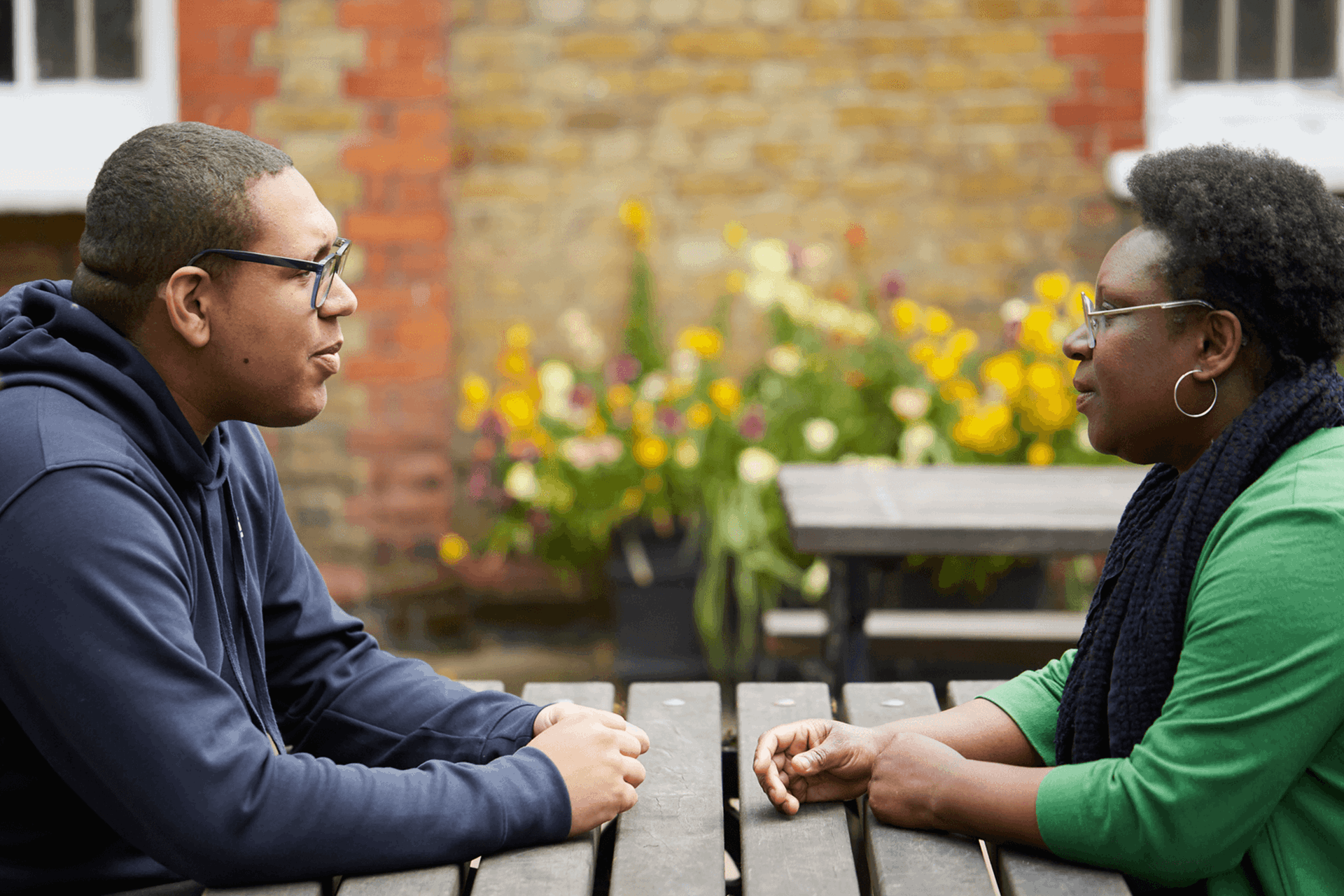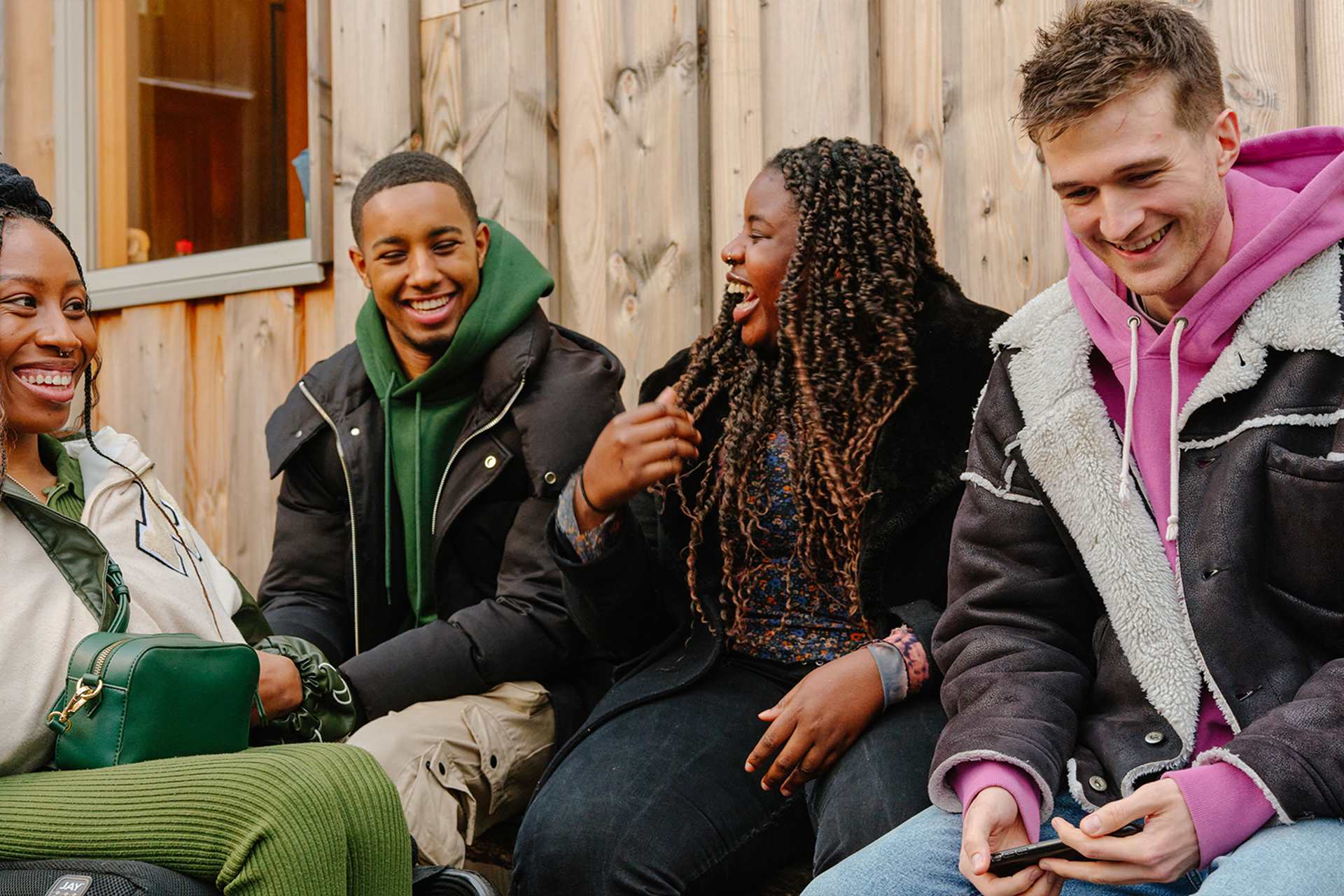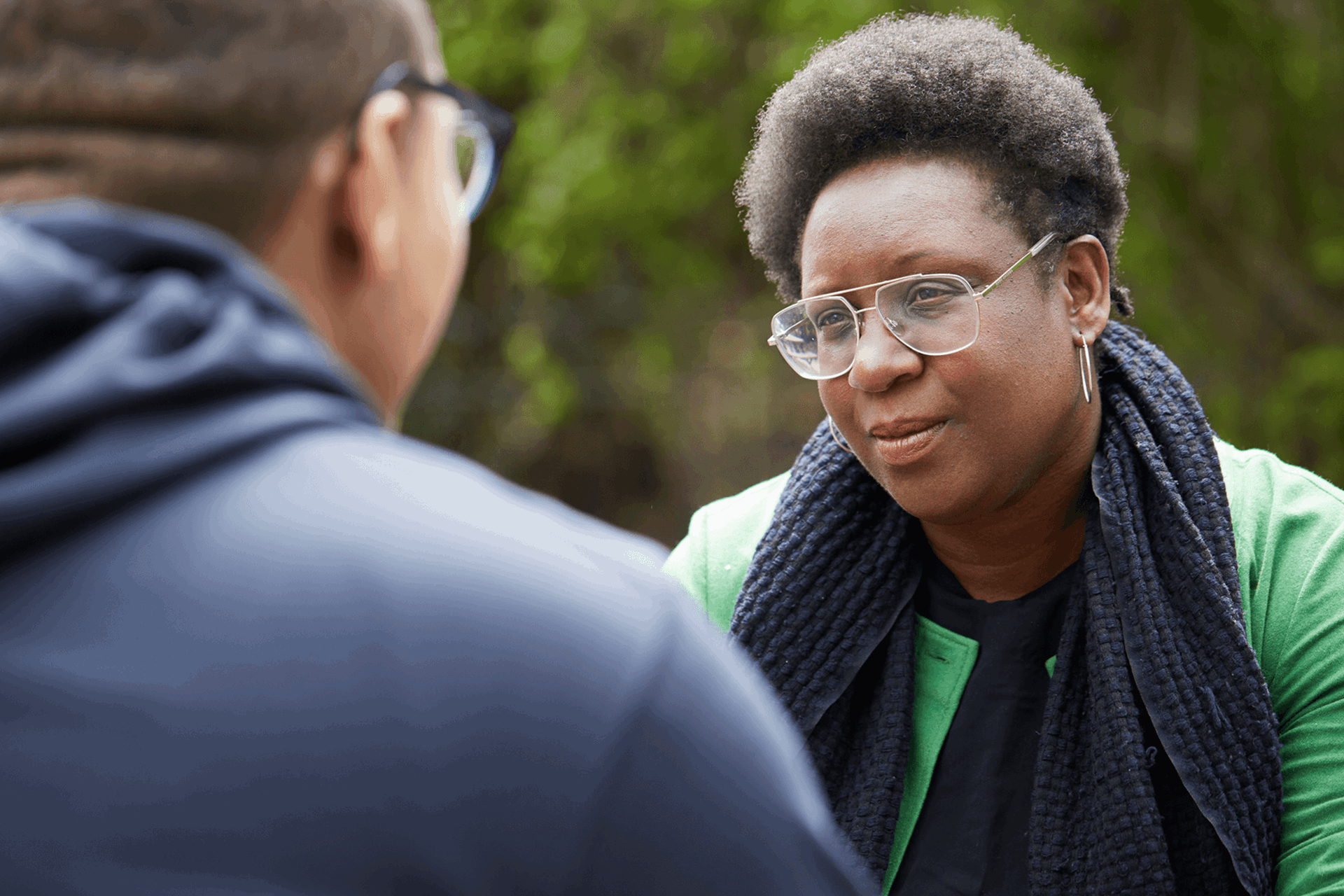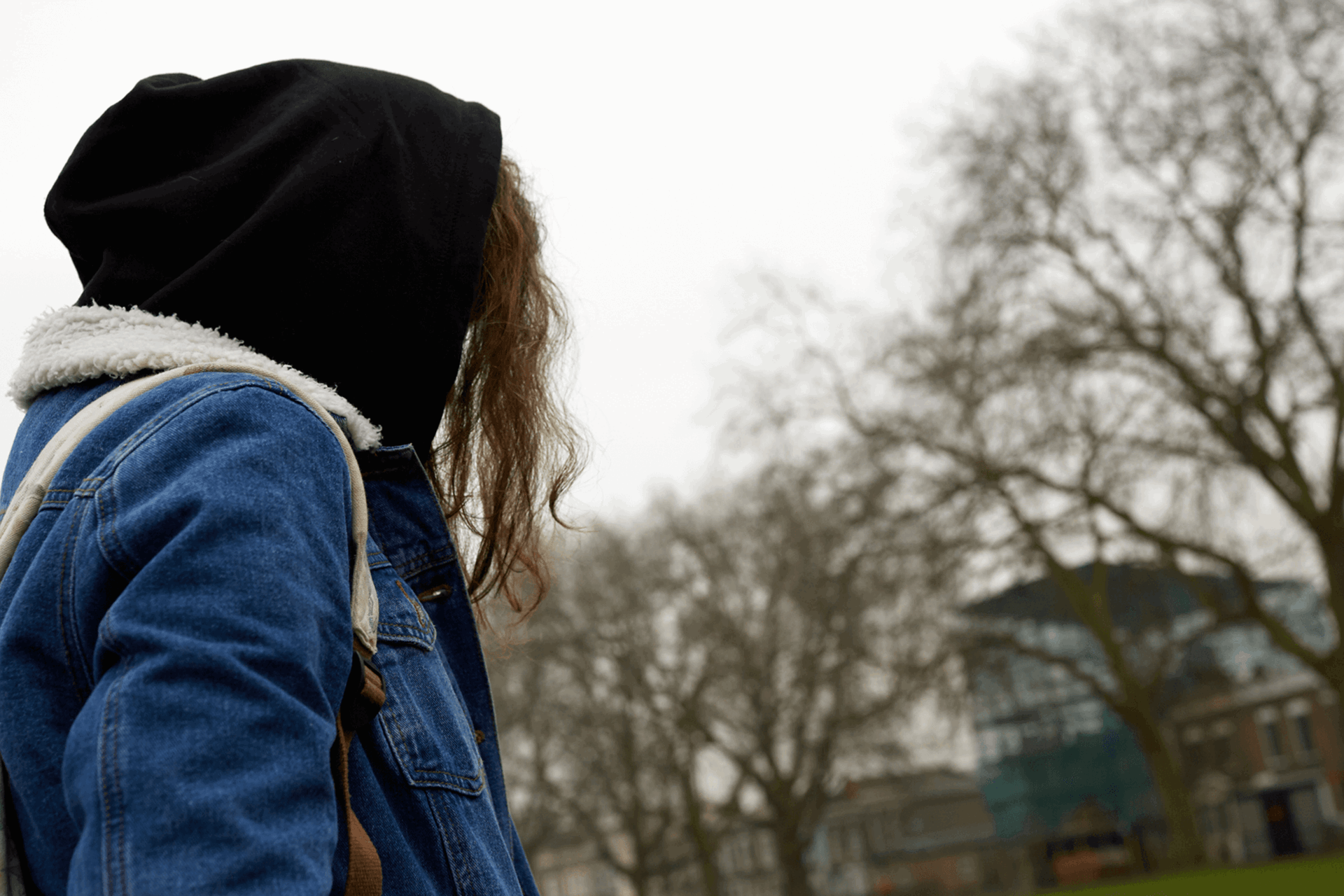Topics mentioned: transitions and times of change, looking after yourself as parent or carer
About: Sarah shares her experience of parenting her children as they became adults, and reflects on the type of support they needed from her during this phase of their lives.
I am the mother of two grown-up children, male and female. These are just a few thoughts about what I learnt as a parent along the way as they became adults, both the mistakes and what I think went well. Though who knows if they would agree!
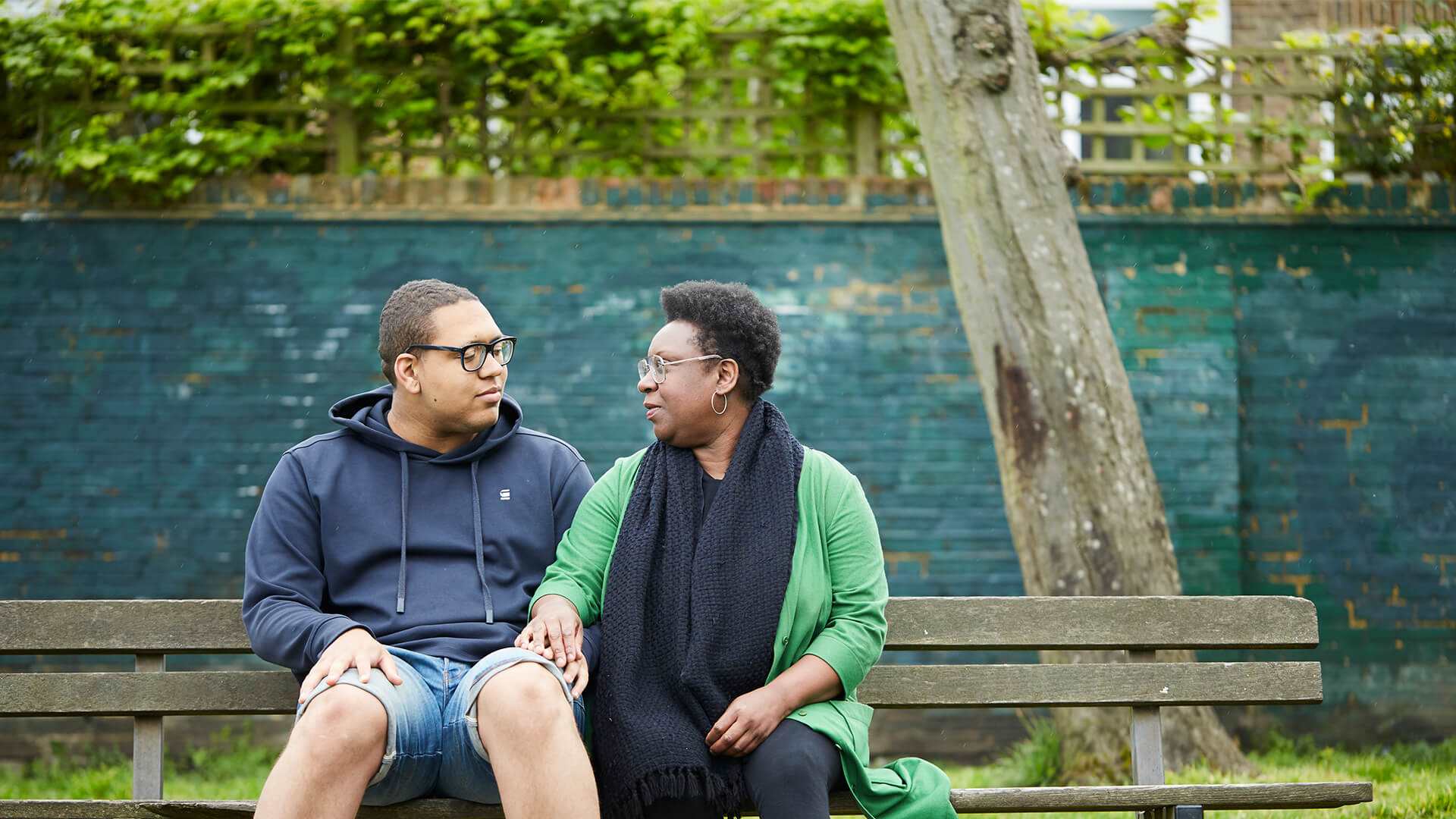
Remember young adulthood is a time of transition
They are finding their own way with friendships, work and their health. I realise that now, but it took me a long time and lots of talking to therapists and other parents. This is a time of great practical and emotional stress for them too. Listening to them is important, as is reflecting on what they say.
Treat them and see them as the young adults they are now
Remember what it was like to be their age. Society has certainly changed, but some issues will always be the same – like figuring out their emotional relationship with you as their parent. I am still the child of parents too, even though I am now in my 60s, my own parents are in their 80s, and my children are in their 20s!
Remember the intersection of different cultures, genders and sexualities that will affect them, and that they are seeing all around them.
Remember the intersection of different cultures, genders and sexualities that will affect them.
Separate your feelings from theirs
As a parent, don’t bring the unhappiness and sadness from your own childhood into your children’s. Don’t blame your children for issues which made you unhappy way before they were born. In my case, that was my own relationship with my parents. I had to learn to take responsibility for my behaviour and attitudes.
Don’t assume they want to reflect on the past with you
If you feel some guilt about an aspect of their childhood, don’t assume they want you to tell them about it now just because they are adults. My children really didn’t want to know when I tried to apologise, however much it was meant in a loving way. While some young people might want to talk about this, mine felt uncomfortable and even disempowered. Knowing that their childhood was difficult, but that they could do nothing about it now, added to their anxiety.
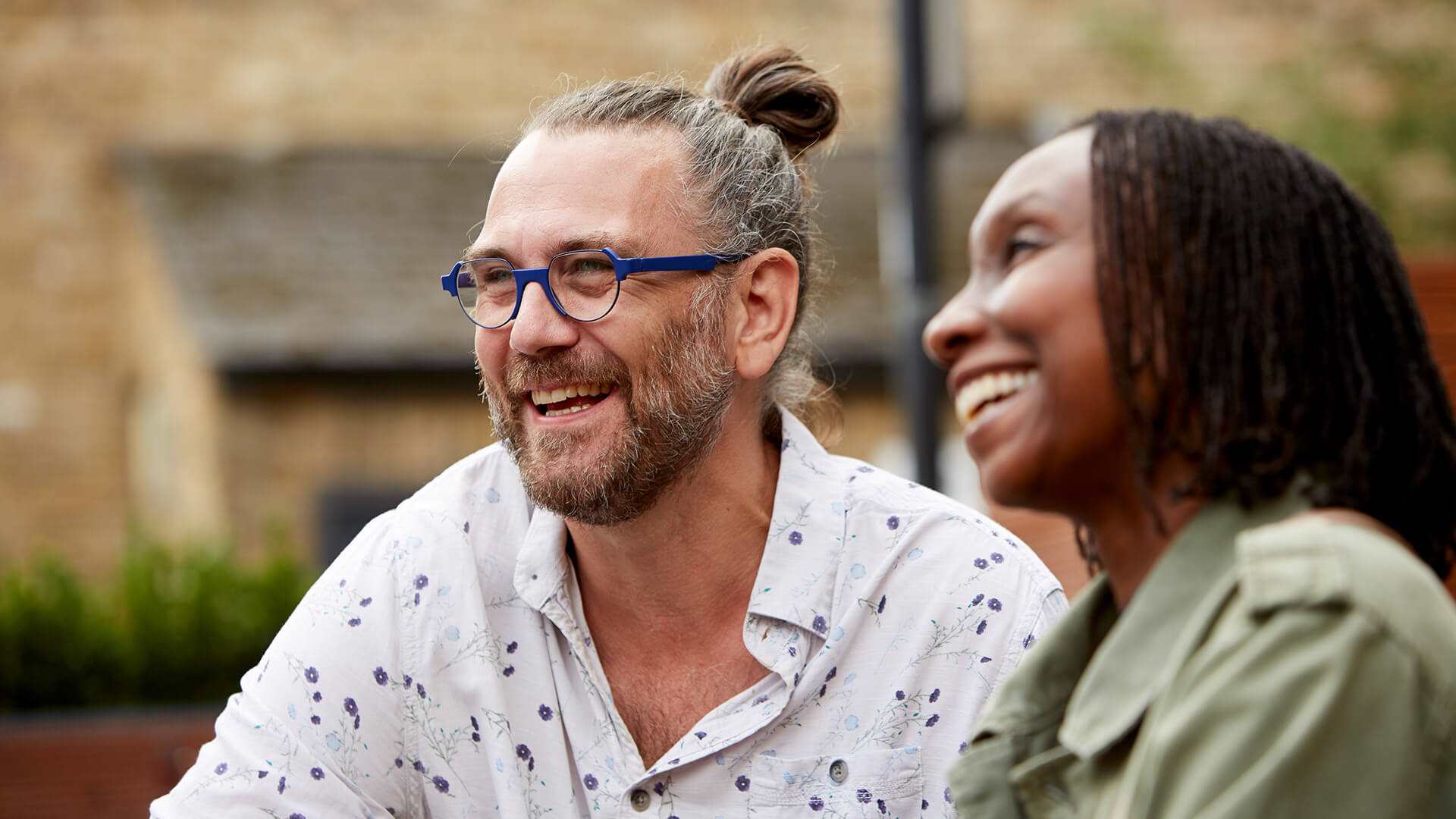
It is all so exhausting, so don’t forget self-care
It is really easy to forget about this. Especially if you think that you don’t deserve to look after yourself, which is what I once thought. Now I make sure I take regular exercise, meditate, and write, as well as walking by the sea. I also try to eat healthily because all this can take up a lot of energy! Please remember we are all doing our best.
This is a time of great practical and emotional stress for them too. Listening to them is important, as is reflecting on what they say.
Have fun!
My adult children are amazing and it is an absolute joy and privilege to spend time with them.
I know though that this all comes from having the time to reflect. When they lived at home, it was physically and emotionally tiring for them and me. I did get so much joy though out of meeting their friends and their friends' parents, and joining parent groups. I really enjoyed reading books, fiction and non-fiction, about parenting. And I am still reading or listening to podcasts.
We never stop being parents, but we do need to give them space. It is frightening for us to do that, but it is only natural as they grow up. Having children makes us vulnerable. We are their protectors, and this is a role we will play for the rest of our lives.
Childhood is short though, and there comes a point where we as parents have to make the journey from being protector to setting our children free. I believe that is one of the most difficult journeys of all. But it is possible, one day at a time.
We never stop being parents, but we do need to give them space. It is frightening for us to do that, but it is only natural as they grow up.
More information and advice
Useful helplines and websites
-
YoungMinds Parents Helpline
We support parents and carers who are concerned about their child or young person's mental health. Our Parents Helpline provides detailed advice and information, emotional support and signposting.
You can speak to us over the phone or chat to us online.
You can speak to us over webchat between 9.30am and 4pm from Monday-Friday. When we’re closed, you can still leave us a message in the chat. We’ll reply to you by email in 3-5 working days.
- Opening times:
- 9.30am-4pm, Monday-Friday
-
Parenting Mental Health
Digital support community and charity offering information, peer support, facilitated listening circles, mentoring and courses for parents of children with mental health difficulties.
Founder Suzanne Alderson’s book Never Let Go - How to Parent Your Child Through Mental Illness (Penguin, 2020) outlines how she supported her daughter to recovery after she became depressed and suicidal.
-
Mind
Offers advocacy services, as well as information and signposting on mental health difficulties, via the Mind Infoline.
Also hosts Side by Side, an online community for those aged 18 and over to connect with others who are going through, or have been through, similar experiences.
- Opening times:
- 9am - 6pm, Monday to Friday (except for bank holidays)
Spread the word
